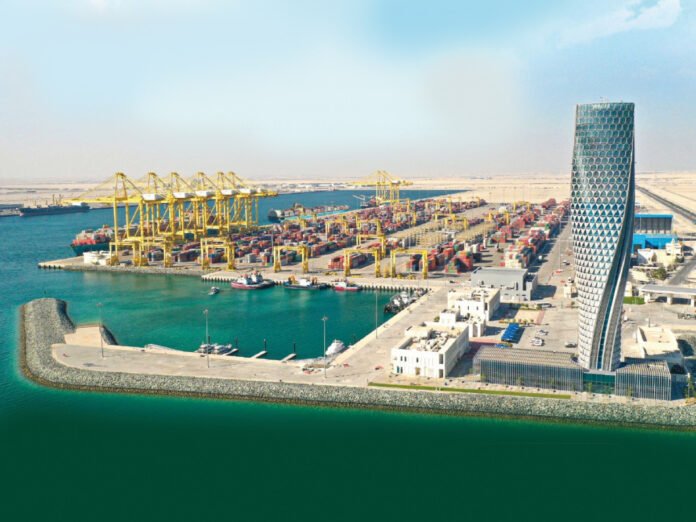DOHA: Qatar’s maritime transport sector saw substantial growth in 2024, with the Ministry of Transport (MoT) completing 11,596 transactions through its Maritime Transport Affairs division. These transactions, which spanned the entire year, include essential services such as issuing and accrediting certificates of competency for safe manning, naval architects, and marine officers. The services also cover the registration, transfer, and renewal of maritime vessels. Additionally, they include modifications and renewals for foreign vessels operating in Qatar’s waters.
In the fourth quarter alone, the MoT completed 6,010 transactions, reflecting a surge in activity. In contrast, the first quarter saw 544 transactions. The second quarter recorded 4,767, while the third quarter accounted for approximately 275.
The Ministry emphasized its ongoing commitment to modernizing the maritime sector in alignment with its strategic objectives. These efforts focus on ensuring safe navigation and adhering to international maritime standards. In addition, they aim to adopt innovative global maritime practices. The sector also aims to enhance legal frameworks and improve technical and administrative processes related to maritime inspections, examinations, and accident investigations.
Qatar’s strategic ports, such as Hamad Port and Ruwais Port, continue to play vital roles in the nation’s growing trade sector. Hamad Port, the primary gateway to international trade, uses state-of-the-art technology to ensure efficient and secure cargo handling. Meanwhile, Ruwais Port, located in the northern region, supports the increasing trade demand. It also contributes to the country’s economic growth by facilitating vital imports, exports, and infrastructure projects.
The maritime sector is also fostering international cooperation. This is evident in the recent Seatrade Maritime Qatar Conference and Exhibition, which brought together global experts to discuss key issues such as sustainability, digitalization, energy transition, and financing eco-friendly fleets. The event underscored Qatar’s aim to transform its ports and logistics sector into a regional hub for trade and innovation. It also supports the broader goals of the MoT’s strategic vision.
This growth reflects Qatar’s ambition to remain a leader in the maritime industry. They are ensuring a forward-looking approach to global shipping trends and practices.


